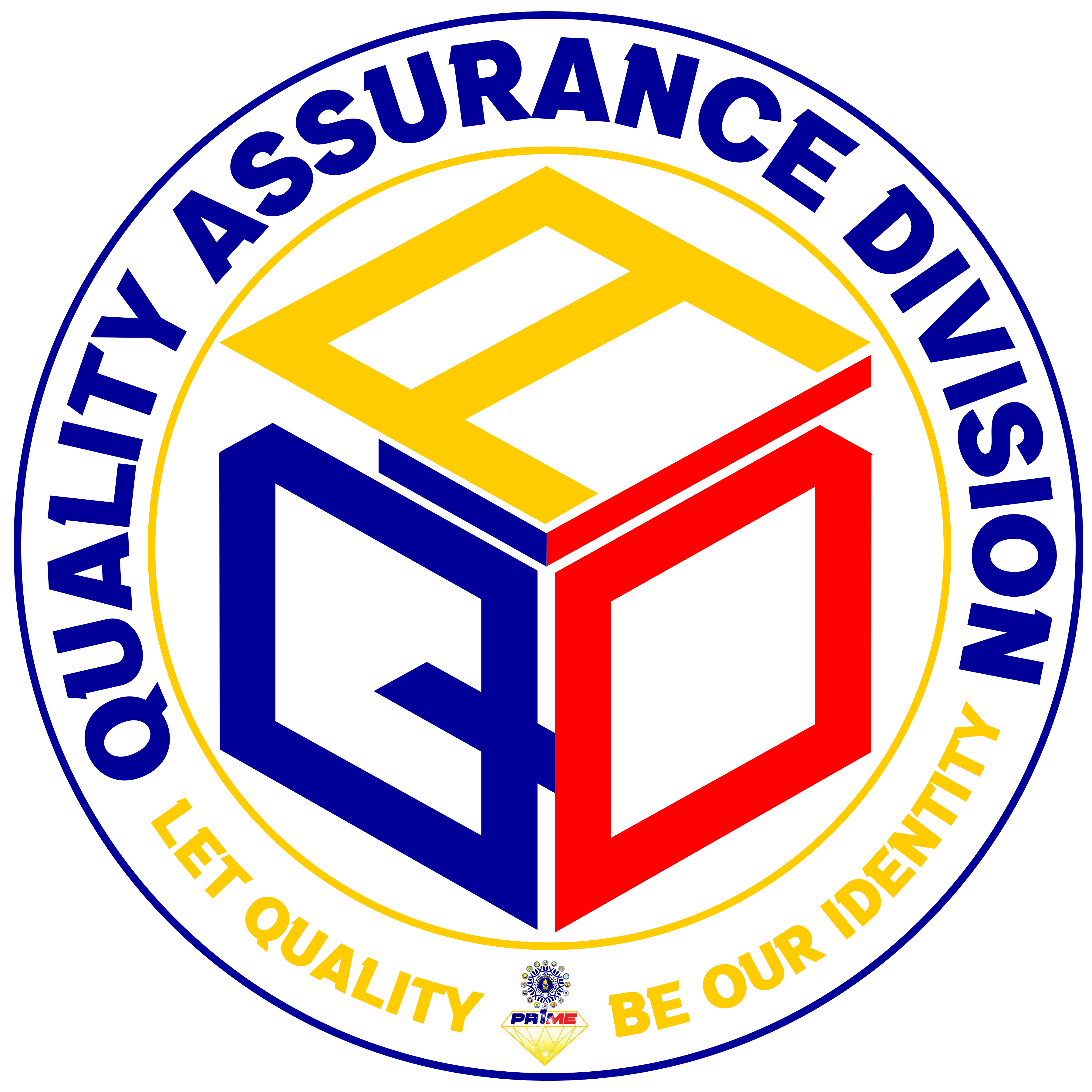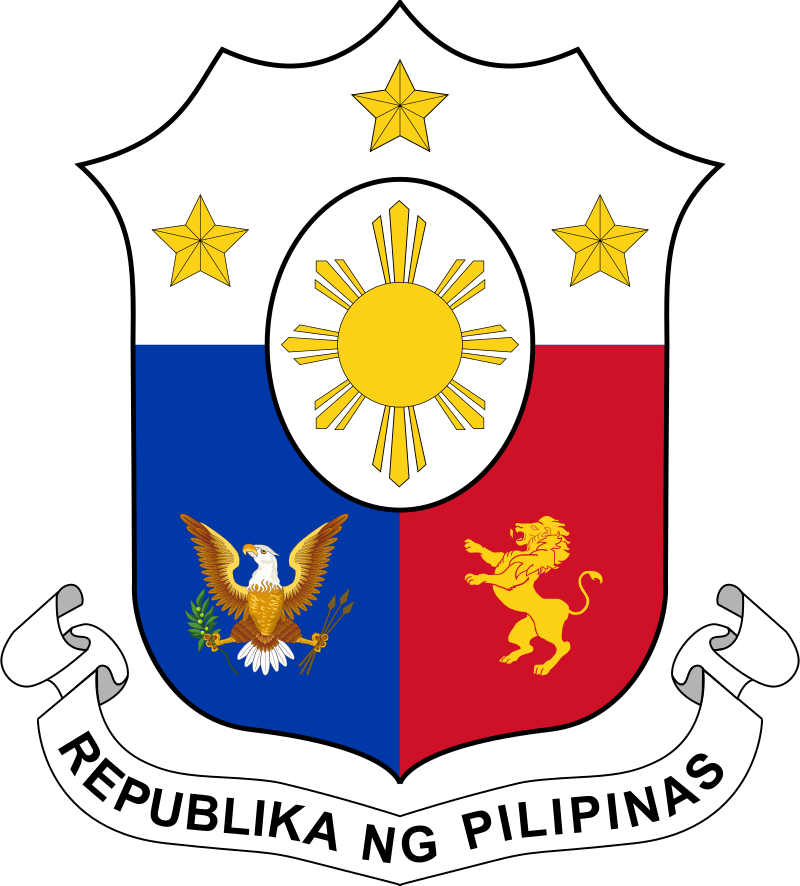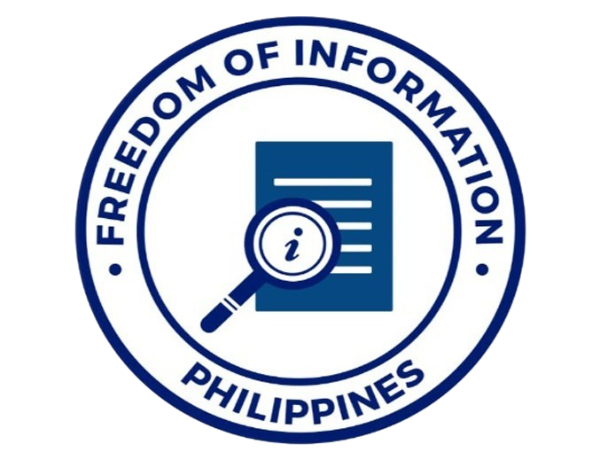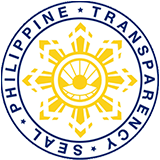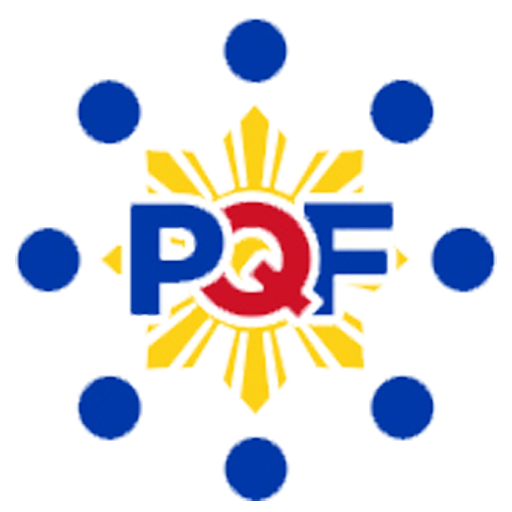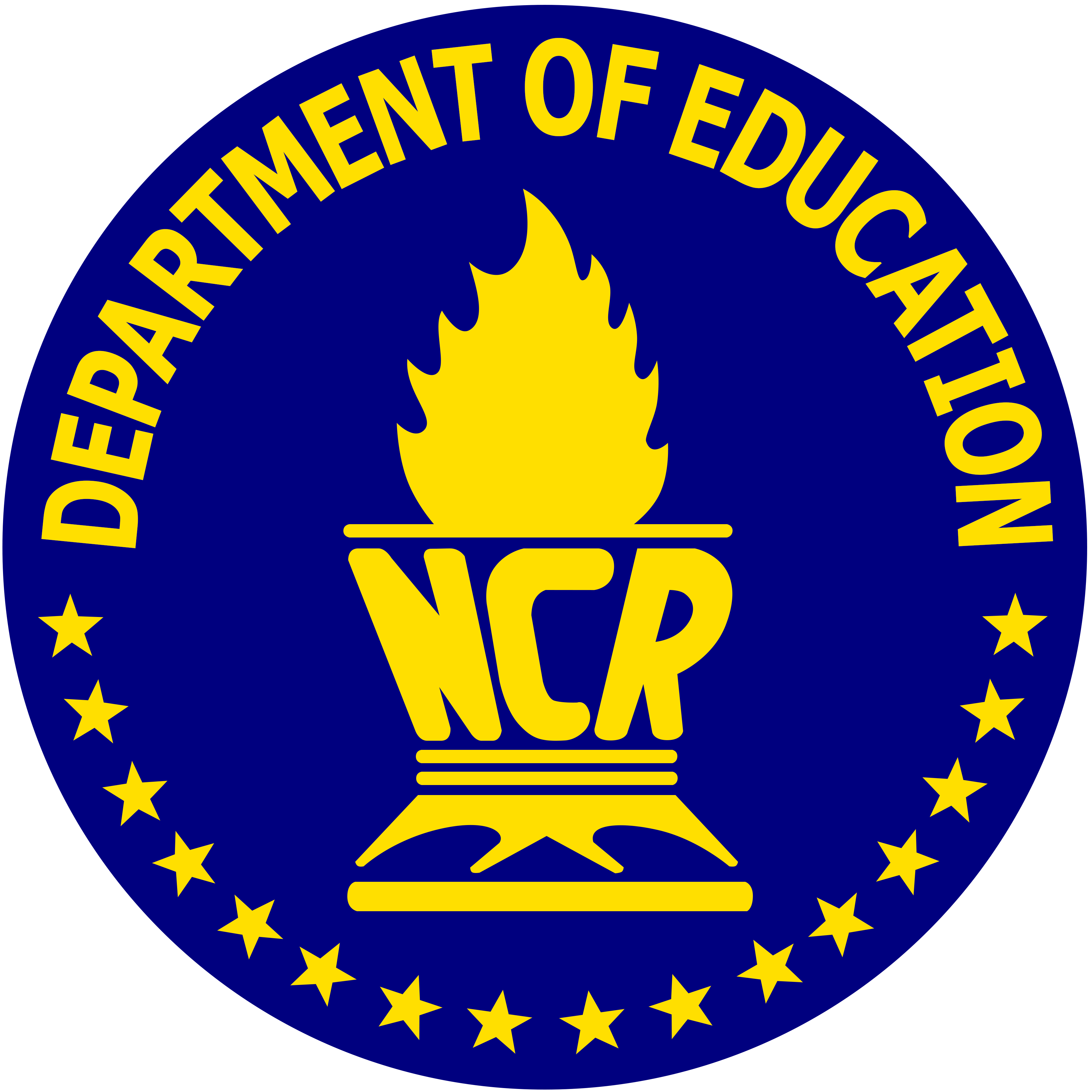YOU ARE HERE. PROGRAMS AND PROJECTS. RMEA PLUS
Regional Monitoring, Evaluation, and Adjustment - pRiMing up results-driven contributions in KPIs (RMEA plus)
RMEA plus in a Nutshell
Various studies on Organizational Development underscore the gains from putting in place a systematic process of evaluating, discussing, and utilizing performance inputs in an organization. This process primarily intends to ascertain the realization of desired deliverables and outcomes in the organization by facilitating responsive management actions that are aligned to quality parameters.
For the furtherance of pRiMe NCR 3Es, Economical Administration, Efficient Operation, and Effective Organization, the Regional Monitoring, Evaluation, and Adjustment - pRiMing up results-driven contributions in KPIs is institutionalized.
And this is RMEA plus in a Nutshell…
Given the context of the existing education landscape, DepEd NCR has perceived the imperative of ensuring the efficiency, effectiveness, and dynamism of its operating units to contribute more to the furtherance of Key Performance Indicators (KPIs), regarded as well as Agency Intermediate Outcomes: the Access, Equity, Quality, and Resiliency and Well-being.
Considering the constructive RMEA plus stride, DepEd NCR Regional Director Wilfredo E. Cabral has taken the lead for the initiative, providing the empowering guidance and support to the Quality Assurance Division, which serves as process owner, with Dr. Angelita P. Cornejo as Chief. It is noteworthy that all Functional Divisions are in collaboration for RMEA plus, proving that Monitoring and Evaluation must be a shared responsibility, of everyone’s business to be pRimE.
USAID Philippines serves as a good partner in the endeavor.
The collective focus of DepEd-NCR is to operationalize a mechanism that will offer significant and fresh data for decision-making and for provision of timely response to operational bottlenecks through evaluation of analyzed Program Implementation Review or PIR results, situational analysis, strategy formulation, and plan adjustment. In short, RMEA plus will provide the backbone in the development of needs-based solutions and realignment strategies to better attain the Regional targets.
In consonance with this, RMEA plus intends to address gaps and losses to learners’ outcomes by improving and increasing the likelihood of successful accomplishment of DepEd NCR’s deliverables particularly on program promotion and support, policy implementation, quality assurance, provision of Technical Assistance, Human Resource development, planning, and fiscal management.
For this purpose, each Functional Division identified two personnel from their respective Office who have constituted the RMEA plus Associates.
The roles and responsibilities of RMEA plus Associates include the collection and consolidation of Program Implementation Review and Plan Adjustment (PIRPA)-related Data and Analysis Report per Quarter, including the facilitating and hindering factors, issues and concerns as to Functional Division’s performance in delivering programs, projects, and activities, under the supervision of concerned FD Chief;
- In addition, RMEA plus Associates shall ensure the availability of Means of Verification of FD’s outputs in all PPAs implemented per Quarter;
- Furthermore, they shall facilitate the review of recommendations generated in RMEA plus Activity per Quarter and propose actions for Continual Improvement of FD’s processes;
- It is also expected for RMEA plus Associates to participate in Phases 1 and 2 Activities of RMEA plus institutionalization as necessary; and
- Serve as RMEA plus Focal Persons of the FD concerned.
RMEA plus Framework emphasizes the collective goal of all Functional Divisions in contributing to the overall Regional performance by ensuring the quality delivery of programs and support services that will bring about beneficial effects to its ultimate clients - the learners. As evident, the framework is in a circular structure to depict the dynamic operationalization of RMEA plus.
Looking into the Framework, the inner circle specifies the ultimate outcome where all efforts are directed to, which is on attaining improvement in learners’ outcomes. DepEd NCR learners are envisioned to be Filipinos with the necessary physical, cognitive, and socio-emotional skills, who are morally prepared to determine their own purposes for learning, as well as for civic participation and engagement based on the current and emerging needs of the Philippine society and the global community.
The specific functions of the FDs in collecting, analyzing, interpreting, and making decisions in the process of M&E are done to improve processes, projects, programs and activities. The improvement done indirectly and directly contributes to learners’ learning. The outcome of putting into effect benefits to learners will only be possible if the program and support services being developed and delivered by FDs are of quality and appropriateness.
The Quality Delivery of Program and Support Services that FDs must meet constitutes the middle circle. The concretization of quality in the delivery of FDs’ functions is contingent with the capacity of ensuring compliance to policy and program standards and requirements for the continual improvement of Regional performance and delivery of basic education services. RMEA plus provides the appropriate venue for FDs to revisit the quality of their accomplishments as supported by substantial evidence. Once performance gaps based on quality standards have been identified, there is a need for FDs to be flexible enough to tailor-fit recommendations that may result in improvement of management practices, culture, and mechanisms. RMEA plus also bridges FDs’ improvement goals with the directions that the Top Management sets. The dimensions of service quality among FDs include its tangible environment, reliability, responsiveness, assurance and empathy to clients.
Moreover, the outer circle of the Framework is associated with the inner and middle circles in the sense that it covers the four critical, interrelated, and interdependent components of RMEA plus namely, the FDs’ Key Result Areas or KRAs and Functions; Monitoring and Evaluation Processes; Knowledge Management; and Sustainability. Certainly, RMEA plus will meet its purpose once these quality assurance enablers are in place. Quality Assurance is embedded in every RMEA plus component. There should be strengthened mechanisms on monitoring and evaluation to track as to whether DepEd NCR is still meeting standards, requirements, and guidelines. Similarly, it will also compare how well DepEd NCR programs, projects, and activities are performing against its expected outcome or result.
DepEd NCR has the authority, accountability, and responsibility on various service areas as stipulated in Republic Act No. 9155. These areas have Key Result Areas (KRAs) and mandated functions operated by the FDs. The performance of FDs is being measured and evaluated based on the activities, outputs, and outcomes being delivered within established quality assurance standards.
Determining the utilization of resources is crucial to ensure the materialization of result-based management approach in planning and budgeting phases of FDs, with its core principles of Fiscal Discipline, Allocative Efficiency, and Operational Efficiency.
Another component in the outer circle is the M&E Process. Monitoring explains the efficiency and effectiveness of operations while evaluation provides information on the benefits achieved. Results of monitoring provide bases for critical management decisions such as resource allocation or realignment, target setting, remedial or corrective actions or strategy development. On the other hand, evaluation results provide valuable lessons and insights that can be used by managers in crafting strategic decisions for the future such as in designing organizational changes or future programs and/or projects.
Fundamental principles of M&E are process ownership, engagement of stakeholders, and focus on results. The performance of each FD will be measured through the planned PPAs against the quality of the actual implementation progression based on timeline and magnitude of accomplishment based on set indicators. The RMEA plus Implementing Guidelines provide the process, the use of adequate tools, and utility of results in the conduct of M&E.
Findings and results from the M&E of PPAs are to be shared to proper audiences and subsequently utilized in a manner that will be most effective in improving the quality of Office processes and extent of services in the Region.
An essential component of RMEA plus also is Knowledge Management. A systematic approach to manage the use of information in DepEd NCR is crucial in order to provide a continuous flow of actionable knowledge to the right people at the right time, thus increasing responsiveness and innovation. The Knowledge Management in RMEA plus is to be implemented through a cycle. The cycle involves three major stages (1) Knowledge capture and/or creation, (2) Knowledge sharing and dissemination, and (3) Knowledge acquisition and application. The Implementing Guidelines of RMEA plus define a system for every FD how it will practice Knowledge Management as embedded in M&E.
Sustainability of the RMEA plus processes serves to be a critical element in the framework for institutionalization. Sustainability efforts ensure that the gains from current program and resource management will be effectively and proactively maintained and leveraged even in the future. The sustainability framework by Mazutis and Avolina in 2019 is used for the RMEA plus. Set targets as well as supporting structures and infrastructures on RMEA plus must be regularly revisited to determine its relevance, alignment, and functionality.
As an imperative, the effort of ensuring that RMEA plus Implementing Guidelines are clear, relevant, realistic, adaptable, well-structured, and inclusive based on FDs’ context and perspectives serves to be an enabling mechanism on the institutionalization initiative.
The RMEA plus Implementing Guidelines describe the processes that are undertaken in the conduct of monitoring, evaluation, and utilization of results for informed and evidence-based decision-making in DepEd-NCR. The guidelines are anchored on the Framework where quality service delivery of the Regional Office, through its FDs, can meet and sustain quality in terms of the Key Performance Indicators to support the development of learners’ outcomes.
The utility stage of the M&E process follows the model of Knowledge Management. Knowledge management is the concept under which information is turned into intellectual capital portfolio and made available effortlessly in a usable form to the people who can apply it. The RMEA plus Implementing Guidelines traverse the three processes of Knowledge Management. Knowledge capture and/or creation involves M&E process in identifying, collecting, and analyzing the data. Knowledge Sharing and Dissemination include the M&E part on reporting the data. The Knowledge Acquisition and Application include M&E process on utilizing the results, making the results accessible, and sustaining the process.
The conduct of RMEA plus involves a set of guiding principles that:
1. The M&E practice is integrated before the implementation, while implementation, and post-implementation of the PPAs;
2. M&E is a collaborative process that involves coordination among and across the FDs;
3. Different methods, that follow the scientific method, are used to gather information about the PPAs;
4. The tools used to gather information are ensured to be valid and reliable;
5. The information collected is accurate and objective;
6. Both qualitative and quantitative information can be generated to monitor and evaluate the PPAs;
7. The results of the M&E are used to make improvements and critical decisions about the PPAs and other related tasks;
8. The data and results generated from the M&E process are made accessible to FDs so the direction for planning and conceptualizing future PPAs are set; and
9. The knowledge generated, such as decisions, plans, adjustments, and processes, can be justified by the M&E conducted.
To date, DepEd NCR has developed already their M&E Tools based on Office KRAs and KPIs that will essentially contribute to realizing pRiMe NCR 3Es:
The Administrative Services Division with six M&E Tools on Service Records, Inventory Tracking, Disposal, Office Safety, Vehicle Maintenance, and Facilities Maintenance Management.
The M&E Tools of Curriculum and Learning Management Division are on the Contextualization of Curriculum Content, Curriculum Implementation, Utilization of M&E Results, Quality of Analysis Conducted, Quality of Contextualization of Instruction, Quality of Monitoring Conducted, Quality of Learning Resource Contextualized, and Quality of Contextualized Assessment Methods.
Education Support Services Division has been able to develop tools on School-Based Feeding and School Dental Health Care Programs.
The Field Technical Assistance Division will monitor and evaluate the quality of Technical Assistance strategies and attributes of TA Providers.
Finance Division has M&E Tools on Budget and Financial Accountability and Service Feedback for Obligation and Disbursement.
Rewards and Recognition is the KRA by which the M&E Tool of HRDD is centering of.
Policy, Planning, and Research Division has M&E Tools on the Compliance of Plans to Standards, Quality Control for Completed Basic Research and Plan Technical Appraisal.
While the QAD has put attention on the M&E of PPA Implementation and of Processing Government Authority Applications.
In the long run, it is envisioned that DepEd NCR will be trekking ahead on the following:
First is the creation of an M&E Toolkit, comprising of tools for all Key Result Areas of Functional Divisions;
Second, the creation of a Compendium of Notable Practices based on DepEd NCR’s experiences, that can be benchmarked in order to achieve a larger scope of continual improvement on KPI-driven basic education governance;
While the third one is the institutionalization of Division Monitoring, Evaluation, and Adjustment (DMEA) and School Monitoring, Evaluation, and Adjustment (SMEA), aligned with DepEd Order No. 029, s. 2022, which is on the Adoption of the Basic Education Monitoring and Evaluation Framework (BEMEF).
pRiMe NCR…
On the frontline for continual improvement, on the frontline for Quality, Accessible, Relevant and Liberating Basic Education… Through RMEA plus.RMEA plus Institutionalization Journey
As grounded on its pRiMe NCR advocacy reforms, with its strategic thrusts of Prioritizing, Rethinking, Innovating, Measuring, and Evaluating, DepEd NCR is heading towards the continual strengthening of its systems and processes in pursuit of 3Es: E conomical Administration, Efficient Operation, and Effective Organization.
With this purpose, the initiative to institutionalize the Regional Monitoring, Evaluation, and Adjustment - pRiMing up results-driven contributions in KPIs, known for the acronym RMEA plus is conceptualized and materialized.
It is such a good and rewarding opportunity that DepEd NCR has been supported by the United States Agency for International Development (USAID) Philippines in the institutionalization of RMEA plus through its Opportunity 2.0 Program. USAID Philippines has been on congruent aim with DepEd NCR in improving the quality of basic education among Filipino learners to bring about inclusive, far-reaching, and sustainable societal development.
Correspondingly, the institutionalization of RMEA plus has two phases. Phase 1 covers the finalization of Framework Design and its Implementing Guidelines, which capture the Standard Key Process as well as Implementing and Sustainability mechanisms. While Phase 2 involves the development, validation, pilot testing, and finalization of RMEA plus tools, also including the actual conduct of RMEA plus activity.
Initial meeting between DepEd NCR and USAID Philippines happened in Legazpi City, Albay on March 16, 2022, where DepEd NCR presented the RMEA plus proposal, requesting to be one of USAID Philippines’ beneficiaries.
USAID Philippines has favorably granted the request of DepEd NCR for partnership on April 13, 2022, in terms of providing the funding requirement on Consultancy services for RMEA plus Phase 2. In the like manner, on May 13, 2022, USAID Philippines, Education Development Center, Inc. (EDC) approved the requested 25-day Level of Effort for Consultancy services, giving much optimism to DepEd NCR on its RMEA plus efforts.
On March 29, 2022, QAD facilitated a meeting with the Regional Director and Technical Consultants to define the targets, directions, scope, and arrangements on the operationalization of RMEA plus in the Region.
As part of enabling mechanisms, each Functional Division identified two personnel from their respective Office who have constituted the RMEA plus Associates.
The 1st Conver-Session with FD Chiefs and RMEA plus Associates was held on April 22, 2022, bringing the Framework Design into focus. Sharing of inputs in the refinement of the framework was made to align it well with the Regional context, priorities, and directions.
It was on May 10, 2022, that QAD facilitated a 2nd Conver-Session on RMEA plus with the Consultants to discuss the M&E Process to be undertaken by FDs as operating units. The working M&E details generated from the Conver-Session formed a major part of the Implementing Guidelines which were reviewed with FD Chiefs and RMEA plus Associates during the 3rd Conver-Session conducted virtually on May 19, 2022.
The 3rd Conver-Session threshed out and harvested critical inputs on the draft Implementing Guidelines wherein the Implementation and Sustainability Plans, and the proposed Organizational Performance Information Dashboard (OP DASH) Integration are incorporated substantially.
With the aim of capacitating the RO Personnel with the key principles, elements, and process on M&E Tool Development, as well as to facilitate the development of appropriate M&E tools per Functional Division, a training-workshop relative to this was conducted on June 9-10, 2022, at West Avenue Suites, Quezon City. The activity was graced enthusiastically by the former DepEd NCR Assistant Regional Director Arnulfo M. Balane and Opportunity 2.0 Program Chief of Party, Dr. David Hall.
The submitted tools of the FDs underwent Review from the Consultants. The necessary inputs for improvement were provided based on its technical substance and construction.
As part of the mechanisms to ensure that FDs are well-guided in the progressive revision or finalization of M&E tools, Virtual Consultation Sessions were made on July 13-14, 2022, where each Functional Division is assigned to an exclusive schedule of consultation engagement and solicitation of real-time, relevant feedback from the Consultants was actualized.
The Layouting and Pilot Testing of M&E Tools were discussed with the RMEA plus Associates on July 22, 2022, at Varela Hall, New DepEd NCR Building with the conduct of the 4th Conver-Session.
To date, each Functional Division has developed already their M&E Tools based on Office KRAs and KPIs that will essentially contribute to realizing pRiMe NCR 3Es, for a total of twenty-five tools in all.
Other accomplishment that DepEd NCR has fulfilled as it charts the course for RMEA plus institutionalization was the conduct of OP DASH Meeting on Data Inputs on Recently Updated Modules on July 27, 2022, where the integration of RMEA plus for Knowledge Management purpose was being proposed.
It is within the sphere of Knowledge Management as well that DepEd NCR has conducted a 5th Virtual Conver-Session on RMEA plus on August 1, 2022 which highlighted the significance of Knowledge Sharing and Shared Leadership in RMEA plus.
At this point, DepEd NCR, with generous assistance of USAID Philippines, has been positioning itself strategically to the Pilot Testing of the developed M&E Tools, as well as to the conduct of the actual RMEA plus Activity for the 3rd Quarter of FY 2022 with the analyzed Program Implementation Review and Plan Adjustment (PIRPA) results from the Policy, Planning, and Research Division in focus.
This is our RMEA plus journey… Our initiative that will pave way in building a better future for our Filipino learners. We are pRiMe NCR… Consistently setting our compass for a legacy as rich as excellence.